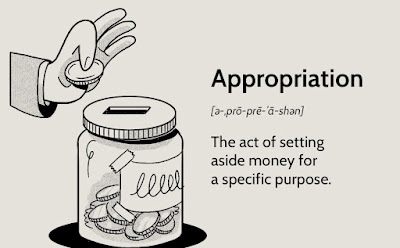Classification Process in the Federal Government: Protecting Sensitive Information through Document Management
The U.S. federal government handles a vast amount of sensitive information that needs to be protected from unauthorized access. To ensure that such information is kept confidential, the government has implemented a document classification process. What is Document Classification? Document classification is the process of categorizing information into different security levels based on the potential harm that would result from unauthorized access. This is done to ensure that the right level of protection is applied to each document. Classification Levels The federal government recognizes three levels of classification: Confidential, Secret, and Top Secret. Confidential : Information that, if disclosed, would cause damage to national security. Examples include information about foreign relations, intelligence activities, and military plans. Secret : Information that, if disclosed, would cause serious damage to national security. Examples include information about nuclear weapon...













